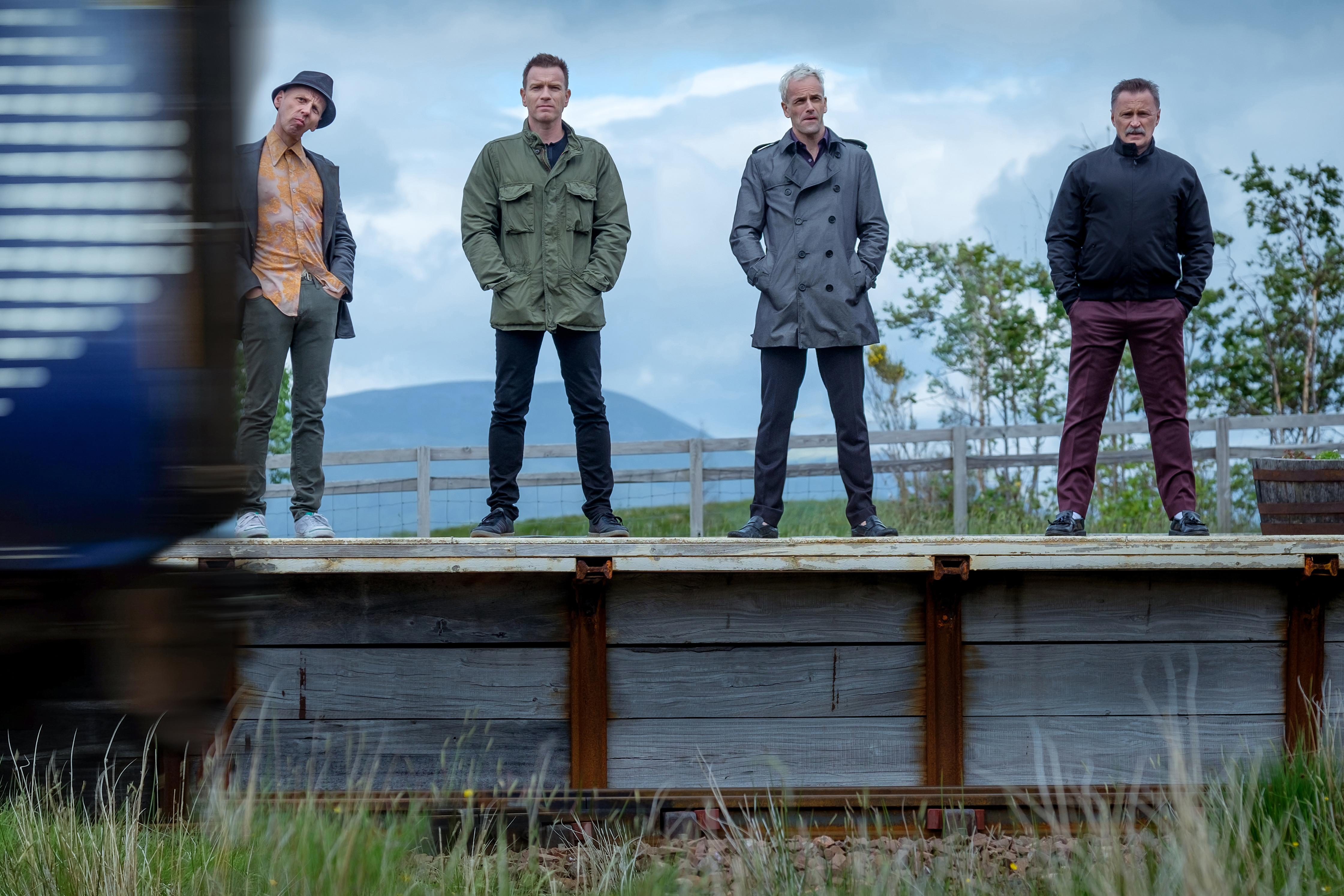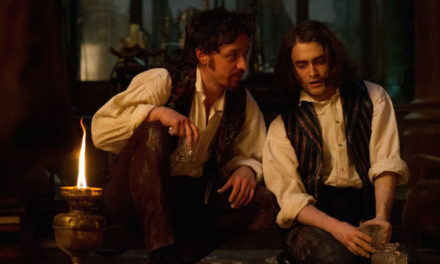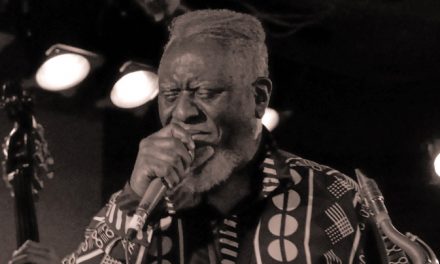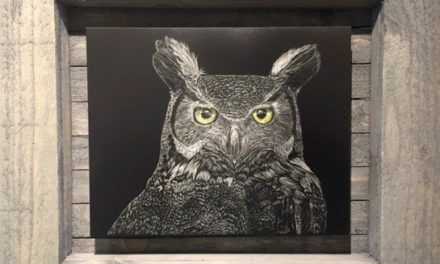Twenty years ago, Trainspotting captured audiences with a portrait of drugs and depravity in Edinburgh, Scotland, that was both brutal and intensely visceral. The film follows four maladjusted adolescents as they throw moderation to the wind and dive headfirst into drugs, sex and even toilet bowls. T2 Trainspotting reunites the men, now in their mid-40s, who are struggling to come to grips with their fading youth and the consequences of a prodigal past.
Sequels are a tricky business, and nobody working on T2 Trainspotting knows that better than director Danny Boyle. “There’s an onus on you when you return to something,” he told The Emory Wheel in a conference call. That duty is especially important now, as two decades divide the hit first film from its successor. But T2 Trainspotting is more than a sequel. It takes audiences back to where we left the anti-heroes, but stands on its own as a wonderfully dark meditation on friendship and the passage of time.
The Emory Wheel and other media outlets spoke to stars Ewan McGregor(Mark Renton), Jonny Lee Miller (Simon “Sick Boy” Williamson), Ewen Bremner (Daniel “Spud” Murphy) and director Danny Boyle over the phone about T2 Trainspotting. which will be released in Atlanta March 24.
This is an edited transcript.
Jeff Niesel, The Cleveland Scene: I was wondering if you could start by talking about what prompted you to revisit Trainspotting after 20 years.
Danny Boyle: We tried 10 years ago when there was an obvious prompt because Irvine Welsh published a book, Porno, which was a sequel to his original novel, Trainspotting, and so we had a go at it, and it was not very good. I’m sure it was fine because it was [the same screenwriter], John Hodge and me working on it, but I didn’t even bother sending it to the actors because [I] didn’t feel there was a real reason to do it. If you’re going to update it you’ve got to have a reason. And [10 years ago], the actors didn’t feel any differently; they didn’t look any different. So we met in Edinburgh two years ago — again, John Hodge, the screenwriter, Irvine Welsh the writer, the two producers and me — and we sat down. And what emerged was more personal and gave us a reason to make the film: it becomes not just a sequel, but it has its own right to exist. [It marks] the passage of time, and especially masculine behavior over time. The other film is a great celebration of a certain period of your life through the most extreme prism you can imagine: these junkies in Edinburgh, and then obviously the update is when they’re 46 and they’re f**ked, as Renton says.
Jason Gorber, Filmfest: I’m wondering if as performers you can [talk] about the surrealism of revisiting a character all these years later, and also how it felt on set to make sure that you weren’t just making a sequel, but also making a reflection upon sequels in general.
Ewen Bremner: Age is cruel, and you don’t realize that until you get to this point in your life. In the first film we were full of exuberance and potency, and we thought we were invincible. And it took us 20 years to realize that we’re just running on the spot and time is flying by. So, when Danny asked us to come back together and find out who these guys were after 20 years, we had an opportunity that is unparalleled, that never comes along for actors, to think of a character 20 years later and to run with it.
Rashika Verma, The Emory Wheel: What was it like coming together as people after all of these years? You have all had very different journeys in film and theatre over the past several years, so how did that affect your group dynamic this time around?
Ewan McGregor: I hadn’t seen Jonny [Lee Miller] for maybe 15 years. And I hadn’t seen [Robert Carlyle] since the premiere of Trainspotting in Scotland. Ewen and I, this was our fifth movie together, so we’ve worked with each other over the years. So, we’re getting back together again and our relationships were founded working on Trainspotting, and I think this idea that we were all f**ked up all the time and it was a party all the time, but it wasn’t. We had a short space of time to make that movie; I think we shot it in seven weeks, six weeks and we worked really hard on it, and we were also all aware that we were doing something really special and important, and so we were giving it our all. And to come back together and find each other again under the same conditions with the same responsibility for this film was just fantastic, and it just felt like coming home. And it wasn’t until the very end, and quite late on in the shooting [for T2 Trainspotting], where the four of us were actually on set at the same time, and that was extra special.
Jeff Mitchell, Phoenix Film Festival: Thinking about how the first film ends and the second one begins, the words “friendship” and “betrayal” came to mind. And I read this quote about friendship and betrayal and it’s simply stated: “Apology accepted, trust denied.” But thinking about Spud and Simon, I think they felt apology denied, but trust accepted. So, do you think that’s right, and do you think that’s because they began their friendships as kids, so trust accepted is just inherently there?
DB: Well, friendship’s a very powerful thing that none of us are really in control of; it takes over your life in a way that you can’t anticipate. And Irvine Welsh said that the first film was about the power of friendship and how it’s intoxicating and overwhelming and is a real hit in the vein. But ultimately, to be part of this friendship group, it crushes your individuality, and so the individual, which is Renton in the first story, he has to break free of the crushing conformity of the group. But the second film has the individual coming back into the fold because to survive out in the wilderness is just as crushing as it is to survive in the group, so the individual comes back into the fold to try to find succor in this difficult part of his life.
Madison Rutherford, College Times: The music in the original Trainspotting was seminal and very evocative, very representative of that era and that culture. Danny, [can] you talk about the score of the movie and the concept behind it now, two decades later?
DB: One of the key questions everybody asks, of course, at the beginning when you start this, they just assume the soundtrack will be really good, so there are a lot of expectations. But we were very lucky on the first film because there was a huge variety of choices and it was a great time and all that kind of stuff, but we found what we call the heartbeat of the film was this Underworld album, Dubnobasswithmyheadman. And I remember I said to John [Hodge] and Andrew [Macdonald], the screenwriter and the producer, that this would be the heartbeat of the film. And I remember them being a bit alarmed about that because they thought it was going to be just plastered with Underworld music, which was very heavy. [I] find some way in the musical choice that represents the film, and of course we found “Born Slippy,” which wasn’t on that album and it ended the film. Coming to do the new one you want to try and find that equivalent heartbeat, and we found this band, Young Fathers, who come from the same estates around Edinburgh that Irvine Welsh came from, and their stuff just fits in the film.
Dillon Thompson, Red & Black News: What are some of the lessons in both the new movie and the old that are about those respective periods of your life, and about realizing … some of the things that come with being [an] adult in the real world?
Jonny Lee Miller: I think the monologue in the first movie, and as Danny has been saying today and I think it’s really true, [is] that the movie’s really a lot about masculinity. And there’s that confidence and that fearlessness which permeates the first movie and it’s really summed up in the voiceover, especially in the end speech there, ‘this is what I’m going to do, this is who I am, this is who I’m going to be,’ and it’s directed at the audience. It’s an assault on the audience, you know, a confident boast. That falls away later in life, and what are you left with — you reflect more on it. So, the second film really reflects that very well about your attitude, your confidence maybe disappears a little bit. It’s not [just] your confidence it’s your brash attitude to life. You don’t feel invincible anymore. Your mortality is more evident to you, perhaps.
Owen Baldner, State Press: When you guys were creating the movie what were you hoping audiences will take away?
DB: You hope people recognize it as honest. Whatever the circumstances that you’re portraying, however extreme the story. [And] you find this [by] working with good actors. They won’t let you do anything that feels dishonest. It’s a weird filter they have. An actor’s filter is their safeguard of the quality of their work and it has to be honest, and especially doing a film like this, which comes after a first film which was such a hit and such a celebration of such extremes, [they] won’t let you just repeat [what’s been done before] because they’re now in their mid-40s and it’s a different landscape for them. They don’t have all the answers. [Miller] was just saying about [how you think] you’ve got all the answers when you’re in your early 20s, and you mock and sneer about the whole thing really. And that’s expected and welcomed actually as you step out of childhood; you’re allowed that, [but] not when [you’re] in your mid-40s.






